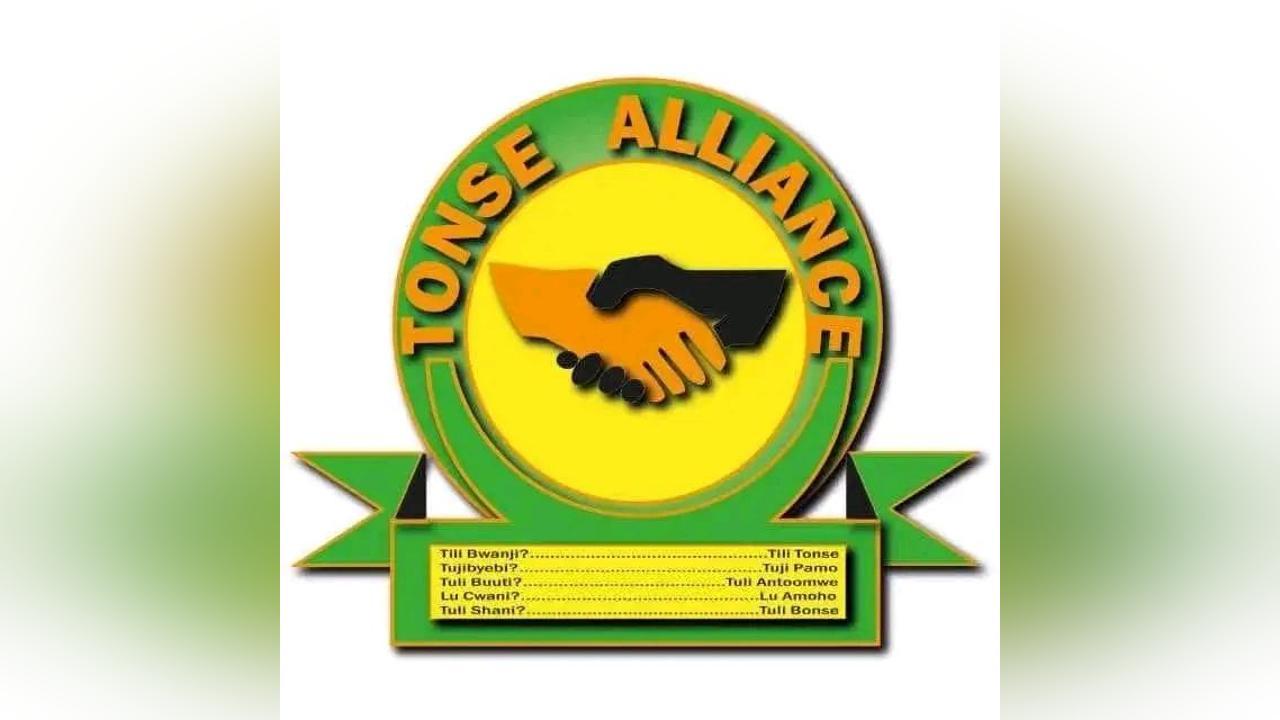Africa-Press – Zambia. Sean Tembo, President of PeP and Tonse spokesperson, has now pulled out the Alliance constitution as his shield, arguing that the September 30 meeting called by Dr. Chris Zumani is both legal and binding.
Tembo’s argument is significant. By citing Article 15 of the Alliance Constitution, he makes the case that Zumani, as founding National Coordinator, has the authority to convene meetings and issue notices. This directly undercuts Raphael Nakacinda’s claim that the planned gathering is irregular. In Tembo’s reading, Nakacinda’s title as “Secretary General” does not even exist in the founding document. That line is not only legal but also political dynamite: it strips PF’s claim to control Tonse down to naked ambition.
The underlying battle is one of control. PF leaders insist that because Lungu was the Alliance’s adopted presidential candidate, the next leader must emerge from their ranks. Tembo and Zumani, however, are pushing a broader vision that Tonse must evolve beyond PF’s shadow if it is to survive. What is emerging is a tug of war between those who want Tonse as a PF vehicle, and those who want it as a genuine coalition.
Tembo’s reference to “team building and reconciliation” is telling. Behind the speeches, the Alliance is fracturing under personal rivalries and ambition. Leaders are sniping at each other through the media. PF is still invoking Lungu’s ghost to delay succession. And yet, the 2026 elections are just 11 months away. The risk is that Tonse spends its energy on internal disputes instead of mounting a serious challenge to UPND.
PF’s posture is clear: block any move that weakens their grip. But that posture carries risks. By rejecting constitutional provisions and clinging to invented titles, PF risks looking like a party unwilling to play by its own rules. In contrast, Tembo’s recourse to the letter of the constitution allows him to project himself as a custodian of order — even as his own party PeP is a junior player in the coalition.
The Malawi factor has also added fuel. PF cadres are pointing to Mutharika’s comeback as a sign that Zambia will follow the same path. Yet Tonse’s internal confusion makes that comparison shaky. Malawi’s opposition was united against Chakwera. Zambia’s opposition, through Tonse, is visibly divided. Without clarity, there will be no “wind of change,” only a storm of confusion.
The September 30 meeting now looms large. If it goes ahead, it could mark the first real attempt to reset Tonse after Lungu’s death. If it collapses under PF resistance, it will confirm that the Alliance is little more than a fractured stage for competing egos. Either way, the clock is ticking. UPND is already reorganizing in new territories, while Tonse is locked in constitutional battles.
The impasse reveals a deeper truth about Zambian politics: alliances formed for convenience rarely survive moments of stress. Unless Tonse leaders put aside the shadow boxing and face the reality of 2026, the Alliance risks being remembered not for its victory, but for its implosion.
For More News And Analysis About Zambia Follow Africa-Press







